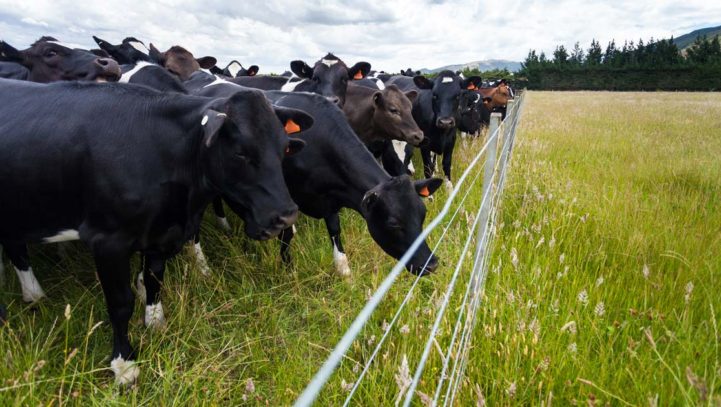|
Is it my job to make sure I don’t infect you? Or is it your responsibility to avoid getting infected? Conflict between the two views is firmly rooted in American tradition, especially the settling of the West. For all the differences between coronavirus transmission and cattle trampling a neighbor’s crop, the issue is much the same.
Who is liable when my cows get into your corn? American fence law varies by state. Many require me to fence in my livestock to keep them off your property. Others with a high ratio of land to people, such as Wyoming and Texas, let cattle graze freely over vast areas. If you don’t want them on your fields or lawn, you need to fence them out. “Personal responsibility” holds more than one meaning. In the fence-out culture of the open range, it is about self-reliance. Whether and how to protect your property, your family, and your health is up to you. In the fence-in culture of market-gardening, cities, and suburbs, it is about interdependence. Urbanites rub shoulders daily. We rely on shared water and sewage disposal. We each have a part to play in protecting the health and safety of all. Neither fence-in nor fence-out law is a moral absolute. Tracing cultural values to context won’t resolve differences over pet leash ordinances, guns, or face masks. But it might ease our indignation enough for conversation to begin.
5 Comments
Jim Dew
3/29/2021 09:09:56 am
Wonderful way to present differences in viewing the commons by persons from different moral tribes.
Reply
3/29/2021 10:13:50 am
Love the phrase "different moral tribes." And also your framing in terms of the commons. In the US today, some of us loathe and fear Libertarianism while others fear and loathe Socialism. It's no coincidence that the more Libertarian perspective is strong on the Great Plains.
Reply
5/8/2024 05:41:51 am
Reply
Leave a Reply. |
AuthorI'm a historian who writes novels and literary nonfiction. My home base is Madison, Wisconsin. Archives
July 2024
|

 RSS Feed
RSS Feed